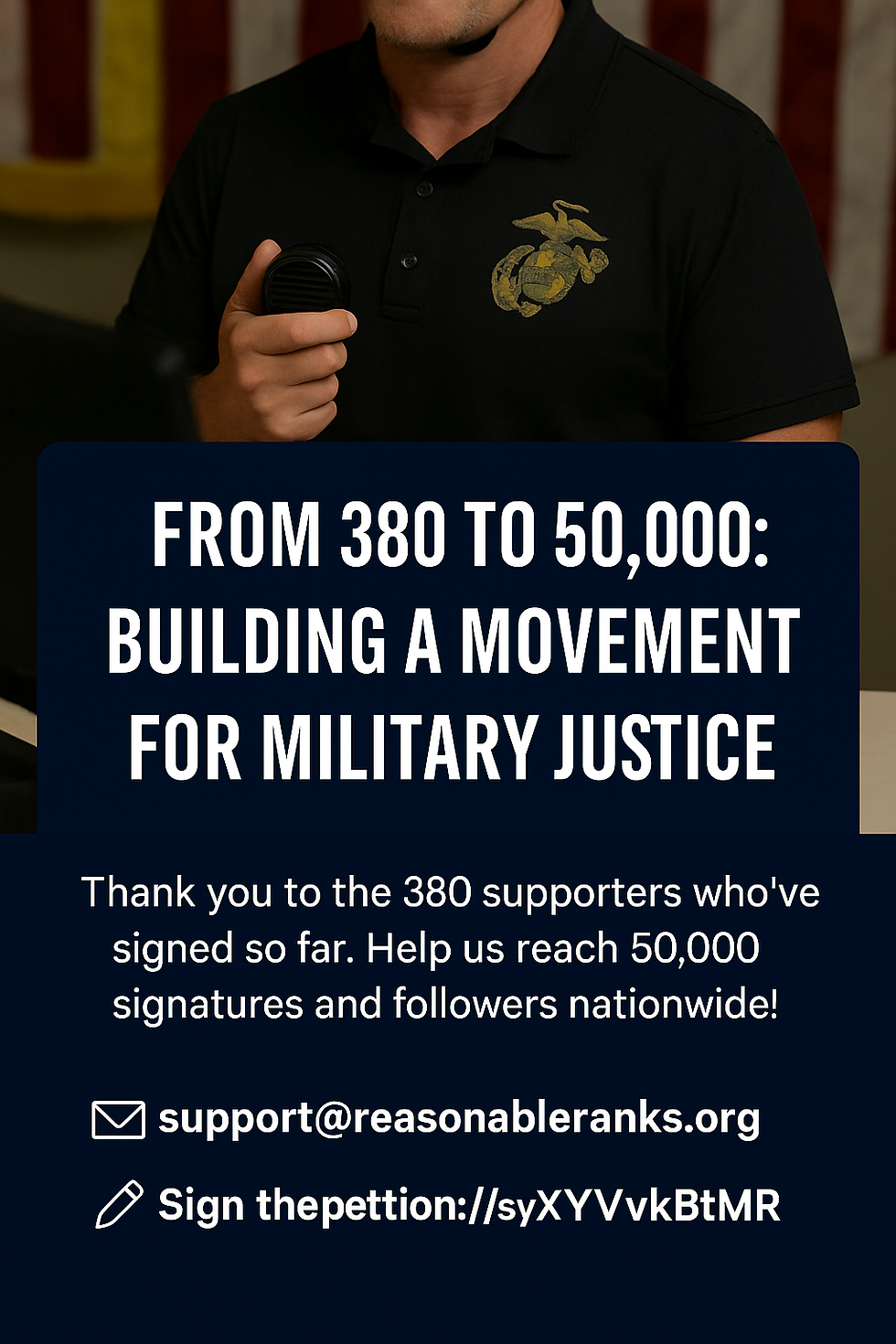Interview Preparation for Veterans: Common Questions and Answers
- Kirk Carlson
- Mar 24
- 3 min read

Interview Preparation for Veterans: Common Questions and Answers
Transitioning from military service to the civilian workforce can be both exciting and challenging. Veterans possess a unique set of skills, discipline, and leadership qualities that make them valuable candidates. However, effectively communicating these strengths during an interview can sometimes be difficult. Below is a guide to help veterans prepare for interviews, including common questions and sample answers.
1. Tell Me About Yourself
Purpose: Employers use this question to get an overview of your background and how it relates to the position.
Sample Answer: “I served in the U.S. Army for eight years as a logistics coordinator, where I managed supply chains and oversaw inventory for mission-critical operations. After leaving the military, I pursued certifications in project management and have since led multiple successful supply chain projects. I’m passionate about using my organizational skills to drive efficiency and am excited about the opportunity to bring this expertise to your company.”
2. What Are Your Strengths?
Purpose: Employers want to know what sets you apart.
Sample Answer: “One of my key strengths is leadership. In the military, I was responsible for leading teams under high-pressure situations and ensuring mission success. This taught me how to remain calm, motivate others, and make critical decisions quickly. I also bring strong problem-solving abilities, having often needed to adapt to rapidly changing circumstances in the field.”
3. How Do You Handle Stressful Situations?
Purpose: Employers need to gauge how you manage pressure.
Sample Answer: “In the military, I often worked under high-stress conditions that required quick thinking and decisive action. For example, during a deployment, I coordinated the evacuation of personnel under tight deadlines and limited resources. I stayed focused by prioritizing tasks, delegating responsibilities, and maintaining clear communication. These strategies have served me well in both military and civilian roles.”
4. Can You Give an Example of a Problem You Solved?
Purpose: This question evaluates problem-solving skills and initiative.
Sample Answer: “While managing supply chain logistics in the Navy, I identified inefficiencies in inventory tracking that led to frequent shortages. I implemented a new tracking system that improved inventory accuracy by 30% and reduced delays. This experience taught me the importance of continuous improvement and proactive problem-solving.”
5. How Do Your Military Skills Translate to This Job?
Purpose: Employers want to understand how your experience applies to their needs.
Sample Answer: “My time in the military honed my skills in teamwork, discipline, and adaptability. For example, as a communications specialist, I ensured secure and reliable communication between units, which is directly applicable to roles requiring attention to detail, coordination, and technology use. These skills make me a strong fit for this position.”
6. Why Did You Leave the Military?
Purpose: Employers ask this to gauge your motivations and career goals.
Sample Answer: “I had a fulfilling career in the military and achieved many personal and professional goals. After serving my country, I decided to transition into the civilian workforce to pursue new challenges and apply my skills in a corporate environment. I’m excited to bring my leadership and problem-solving abilities to your team.”
7. Where Do You See Yourself in Five Years?
Purpose: This question evaluates your long-term goals and ambitions.
Sample Answer: “In five years, I see myself growing within this organization, taking on greater responsibilities, and contributing to strategic initiatives. I’m committed to continuous learning and professional development, and I’d like to eventually mentor others within the company.”
Additional Tips for Veterans
Translate Military Jargon: Use civilian-friendly language to explain your experience.
Highlight Soft Skills: Emphasize communication, teamwork, and leadership abilities.
Prepare Questions: Ask about company culture, growth opportunities, and job expectations.
Practice Mock Interviews: Rehearse responses with a friend or career coach.
Dress Professionally: Ensure your attire aligns with the company’s dress code.
Conclusion Veterans bring unparalleled dedication, discipline, and experience to the workforce. By preparing thoughtful answers to common interview questions and highlighting transferable skills, veterans can confidently navigate the interview process and make a lasting impression on potential employers. Good luck!





Comments